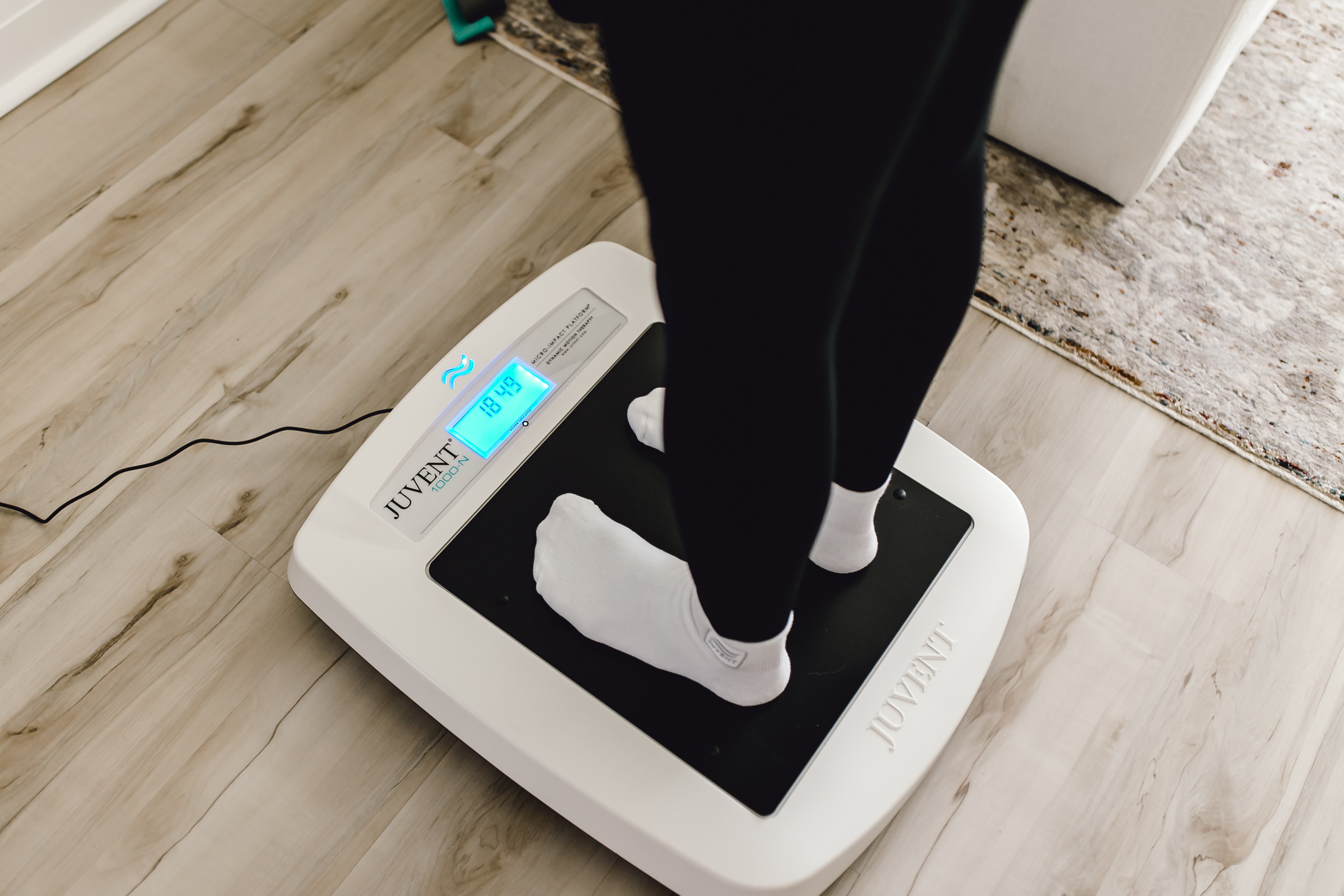The human body goes through phases and transitions marked by increases and decreases in the activity of certain hormones. Menopause is one of those stages. Estrogen decreases and eventually leads to a significant milestone in a woman’s life: the end of menstruation. Once menopause has passed and a woman has gone a full year without a period, she is considered post-menopausal. However, this new phase can come with its own set of challenges, like managing symptoms and preventing bone loss. But what are the symptoms of post-menopause? We’ll help you gain an understanding of how to manage them for a smoother transition and increased well-being.
What Is Post-Menopause and Its Symptoms?
Post-menopause refers to the stage of life after menopause has officially occurred and a woman has gone 12 months without a period. While some symptoms of menopause may lessen, others may persist or even develop during this stage. These symptoms are driven primarily by declining estrogen levels, which can affect various systems in the body. While every woman’s experience is unique, some common post-menopause symptoms include:
- Hot Flashes and Night Sweats: Though they often lessen after menopause, some women continue to experience these uncomfortable temperature fluctuations for years.
- Mood Swings and Anxiety: Hormonal shifts can contribute to mood instability, depression, and anxiety.
- Vaginal Dryness and Discomfort: Lower estrogen levels can cause vaginal atrophy, leading to discomfort during intimacy.
- Joint and Muscle Pain: Post-menopausal women may experience increased stiffness and joint pain, often due to reduced collagen production and estrogen’s impact on inflammation.
- Osteoporosis and Bone Loss: One of the most serious post-menopausal concerns is the accelerated loss of bone density, increasing the risk of fractures.
- Weight Gain and Metabolism Changes: Many women find it harder to maintain their weight after menopause due to a slower metabolism and changes in fat distribution.
- Memory Issues and Brain Fog: Cognitive changes, including forgetfulness and difficulty concentrating, are common complaints.
- Heart Health Concerns: Estrogen has protective benefits for the heart, and its decline can lead to an increased risk of cardiovascular disease.
What Are the Worst Post-Menopause Symptoms?
The severity of post-menopause symptoms depends on the person, but most women have similar feelings about the worst ones. Many find the most challenging symptoms to be the chronic fatigue, mood effects, and persistent hot flashes because of how they affect daily life. Managing these symptoms can be the difference between living each day to the fullest versus just getting by.
Managing Post-Menopause Symptoms for Happier Days Ahead
For some, medical intervention is an option, including hormone replacement therapy prescribed by a provider, but some women prefer a natural route. Fortunately, there are several ways to alleviate post-menopausal symptoms and promote overall wellness.
- Balanced Nutrition: A diet rich in calcium and vitamin D can support bone health and hormone balance. Getting enough phytoestrogens, which are found in foods like soy, flaxseeds, and whole grains, is also helpful.
- Regular Exercise: Engaging in weight-bearing exercises like walking, strength training, and yoga can help maintain bone density, muscle strength, and cardiovascular health.
- Stress Management: Practices such as meditation, deep breathing, and spending time outdoors can reduce anxiety and mood swings. Mental health providers can also provide strategies to better tolerate stress.
- Adequate Hydration: Staying well-hydrated helps alleviate dry skin, fatigue, and bloating that may come with the time after menopause.
- Quality Sleep: Sleep heals us and should be a priority at any phase of life. Creating a relaxing bedtime routine and maintaining good sleep hygiene can improve sleep quality and reduce night sweats.
- Supplements and Alternative Therapies: Certain supplements, including vitamin D, magnesium, and omega-3 fatty acids, can support bone and joint health. These should be discussed with a healthcare provider to determine the proper amounts and avoid interactions.
- Wellness Tools and Technology: Technology is rapidly changing our health, and Juvent’s Micro-Impact Platform® is at the head of the pack. This non-invasive, low-impact system helps stimulate bone growth, improve circulation, and reduce joint pain, which are critical concerns for post-menopausal women. The convenient platform is ideal for a post-menopause symptom management plan due to its low time requirements and ease of use. Standing on the platform for 20 minutes flies by when you’re catching up on emails, chatting with a friend, or watching a show.
Embracing a Healthy Post-Menopausal Life
Whether you have post-menopause symptoms at age 60, 50, or 40, the right strategies are important. This can be a time of vitality and empowerment if you stay active, eat a balanced diet, manage stress, and incorporate tools like Juvent’s Micro-Impact Platform. Women who support their bodies can enjoy a fulfilling, healthy life well beyond menopause.
FDA Disclosure
In the US, the Juvent device is considered investigational for the treatment of osteoporosis or improvement/maintenance of bone mineral density and our claims have not been reviewed or cleared by the FDA to treat any disease or condition. (2) Calculated over the 20+ year expected life of a Juvent. The JUVENT® Micro-Impact Platform® is Registered as a Class I medical device for exercise and rehabilitation. JUVENT products are covered by the following issued patents, pending patents and their foreign equivalents: 6,843,776 6,884,2277,094211 7,207,954 7,207,955 7,985,191 8,114,036 11/369,611 11/486,538. Juvent, Dynamic Motion Therapy, Micro-Impact Platform, and the symbol are Registered trademarks of Regenerative Technologies Corporation.




Get the latest insights and contents on all things bone and body health. Signup for our newsletter!
Share:
How Does Exercise Change as We Age?
Understanding the Different Risks for Indoor and Outdoor Sports